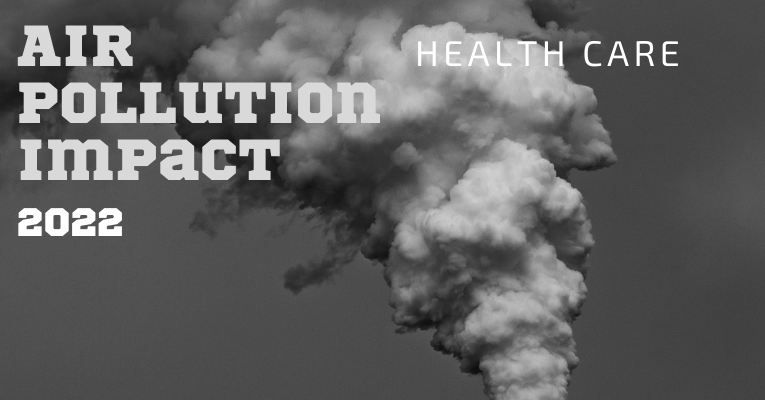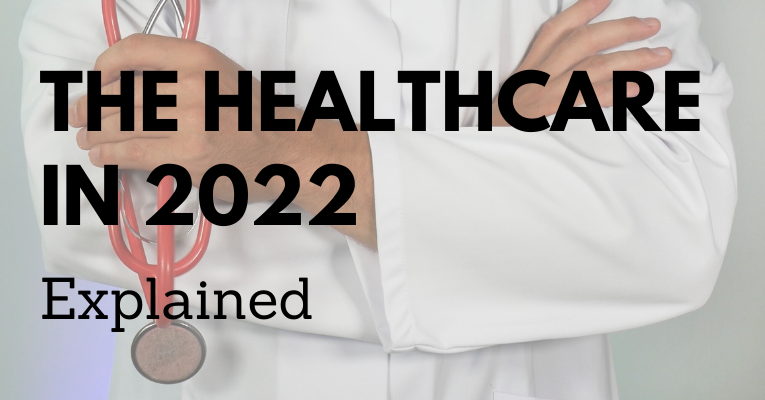International Cooperation and Sovereignty: Comparison of Legal Systems: How National Laws Relate to International Treaties
At the core of the modern world order lies an apparent paradox. On one hand, every state possesses sovereignty — the highest and independent authority within its territory. Its laws, enacted by its parliament and enforced by its government, hold absolute priority for its citizens and institutions. On the other hand, these very states voluntarily bind themselves with a network of international treaties, agreeing to follow common rules in trade, ecology, human rights, and criminal justice. This duality creates constant tension: where does national interest end and international obligation begin? Nowhere is this clash more evident than in matters of extradition.The principle of state sovereignty is the foundation upon which an entire national legal system is built. Laws such as the British NHS Act, which regulates the healthcare system, are the quintessence of domestic legislation. They are created to address specific issues faced by citizens, reflect national values, and do not anticipate external interference. The state independently determines its social policy, economic course, and justice system. It decides what acts to consider criminal, how to conduct investigations, and what punishment to impose. Within this paradigm, any external request — whether it be a demand to extradite a person or enforce a foreign court’s decision — is perceived as an encroachment on this exclusive authority.
However, isolation in a globalized world is impossible. Crime knows no borders, and to combat it effectively, states are forced to cooperate. This necessity has led to the creation of a complex system of international law based on consensus and reciprocity. International treaties are not laws imposed from above by some global authority. They are voluntary agreements between sovereign states that decide cooperation in certain areas will bring them greater benefits than unilateral actions.
Extradition treaties are a classic example of such a pragmatic approach. They serve a common goal — ensuring that criminals cannot escape justice by finding refuge in another country. Extradition becomes a boiling point where theoretical principles of sovereignty and international cooperation are tested for resilience.The process is inherently a conflict of jurisdictions. One sovereign state formally requests another to extradite an individual accused or already convicted of a crime. The requested state faces a difficult choice. To refuse means potentially violating treaty obligations and complicating relations with its partner. To agree means exercising its coercive power (arresting and handing over the individual) based on a decision made by another state’s legal system.
This decision is never automatic and triggers a complex legal mechanism within the requested country. Bilateral agreements such as Mexico-US extradition treaty, detailed conditions and procedures for extradition are outlined. They establish key principles, such as the requirement of double criminality (the act must be a crime in both countries) and an exception for political crimes. However, even the most detailed treaty does not override the application of national legislation and constitutional guarantees. Mexican courts, when considering a request from the United States, will not simply check the formal compliance of documents. They will assess whether fundamental human rights enshrined in the Mexican constitution, such as the right to a fair trial or the prohibition of the death penalty, might be violated. The sovereign right to protect human rights within its territory can outweigh an international obligation to extradite. There are situations where cooperation is fundamentally impossible or undesirable from the perspective of one of the states. This leads to the emergence of so-called no extradition countries. The reasons for such a status can vary. Some countries fundamentally do not extradite their citizens.
Others lack extradition treaties with certain states due to deep political disagreements. Still, others may refuse extradition if they believe the criminal prosecution is politically motivated or if there are serious concerns that the requested individual may face torture or an unfair trial. In such cases, national sovereignty and the protection of human rights become an absolute priority. Thus, the interaction between national laws and international treaties is not a hierarchy but a constant dialogue. International law does not stand above national law; it integrates into it and is applied through the prism of national legal institutions. Extradition demonstrates that each such case is a unique balance between the pursuit of international legal order and the state’s obligation to protect its sovereignty and the rights of individuals under its jurisdiction. The final verdict always remains with the national court, which acts as an arbiter in this complex dispute between two legal realities.




















